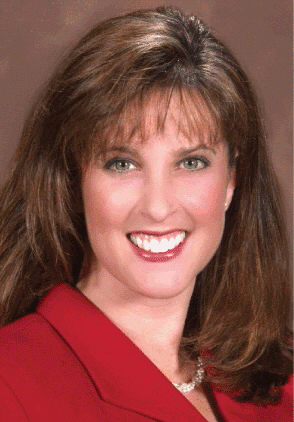Meaning disordered eating in Greek, dysphagia is typically translated in English to mean difficulty swallowing. Both phrases capture the profound affect that dysphagia can and does have on the many people afflicted by it. Anything that disrupts such a primary human experience as eating or swallowing not only drastically reduces quality of life, but often threatens life itself.
Explore This Issue
February 2009Dysphagia can have multiple etiologies, from neuromuscular disorders to cancer. It is most frequently found in neurologically impaired patients-in particular, stroke patients, in whom the incidence can be as high as 81%. Non-neurologic dysphagia is also common and is frequently found in patients who undergo radiotherapy with or without chemotherapy for head and neck cancer, with a reported incidence ranging between 39% and 89% in these patients.
Because the origin of dysphagia is commonly in the head and neck or cervical esophagus, patients are often referred to otolaryngologists for evaluation. Although detecting the presence of dysphagia can be straightforward for patients who show outward signs such as coughing and choking, other patients may not show such tangible signs and may silently aspirate, said Lori Burkhead, PhD, a speech-language pathologist who is Assistant Professor and Clinical Research Scientist in the Department of Otolaryngology at the Medical College of Georgia in Augusta. This means that they have food, liquid, and/or saliva entering the airway and do not have intact sensation to cough in response to it. Because of the difficulty in detecting silent aspiration, Dr. Burkhead recommends enlisting the services of a speech-language pathologist trained in dysphagia evaluation to assess patients.
 It is clear that the need for effective intervention to address swallowing disability is great not only for head and neck cancer patients’ quality of life but also for improved survival.
It is clear that the need for effective intervention to address swallowing disability is great not only for head and neck cancer patients’ quality of life but also for improved survival.
-Lori M. Burkhead, PhD
Determining the Etiology of Dysphagia
A critical challenging next step to evaluating patients who are found to have dysphagia is to determine the etiology of the dysphagia. This requires a team approach that includes otolaryngologists, speech pathologists, dietitians, radiologists, and gastroenterologists, emphasized Dennis Kraus, MD, Attending Head and Neck Surgeon and Director of the Speech, Hearing, and Rehabilitation Center at Memorial Sloan-Kettering Cancer Center in New York, and his colleagues, Ryan C. Branski, PhD, Assistant Attending Scientist and Associate Director of the Speech, Hearing, and Rehabilitation Center, and Cindy Ganz, MA, a speech pathologist at the center.
The approach this center uses is to first perform a full clinical examination of swallow function in a patient, which involves a cursory head and neck examination, cranial nerve assessment, and observations of swallow physiology. This is done by a speech pathologist.
Leave a Reply